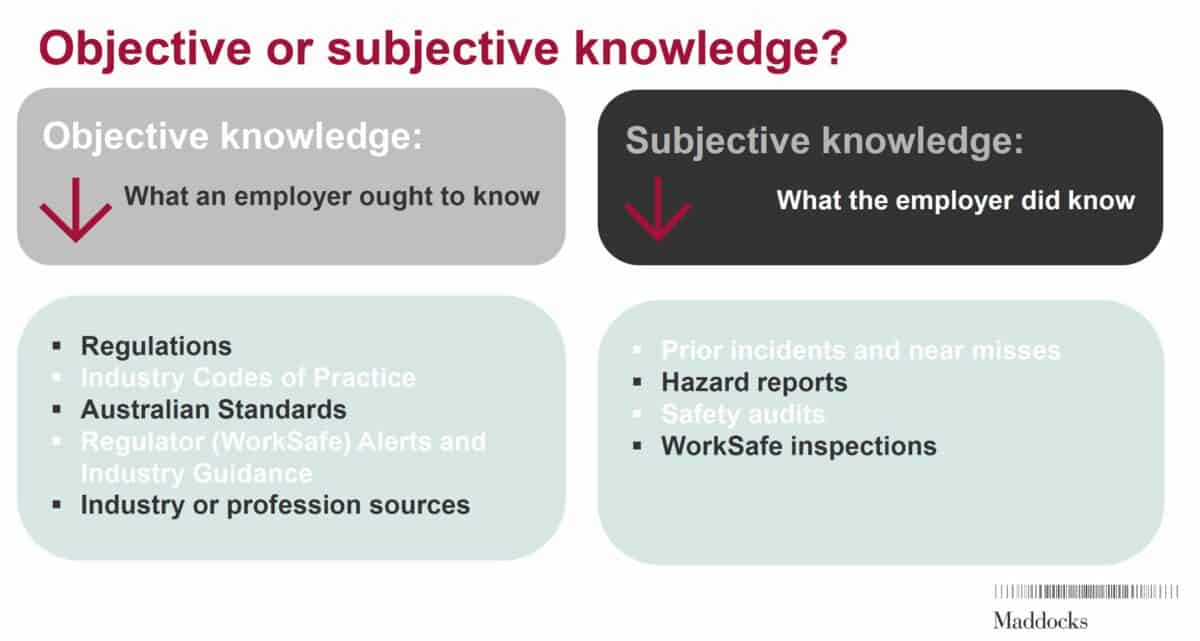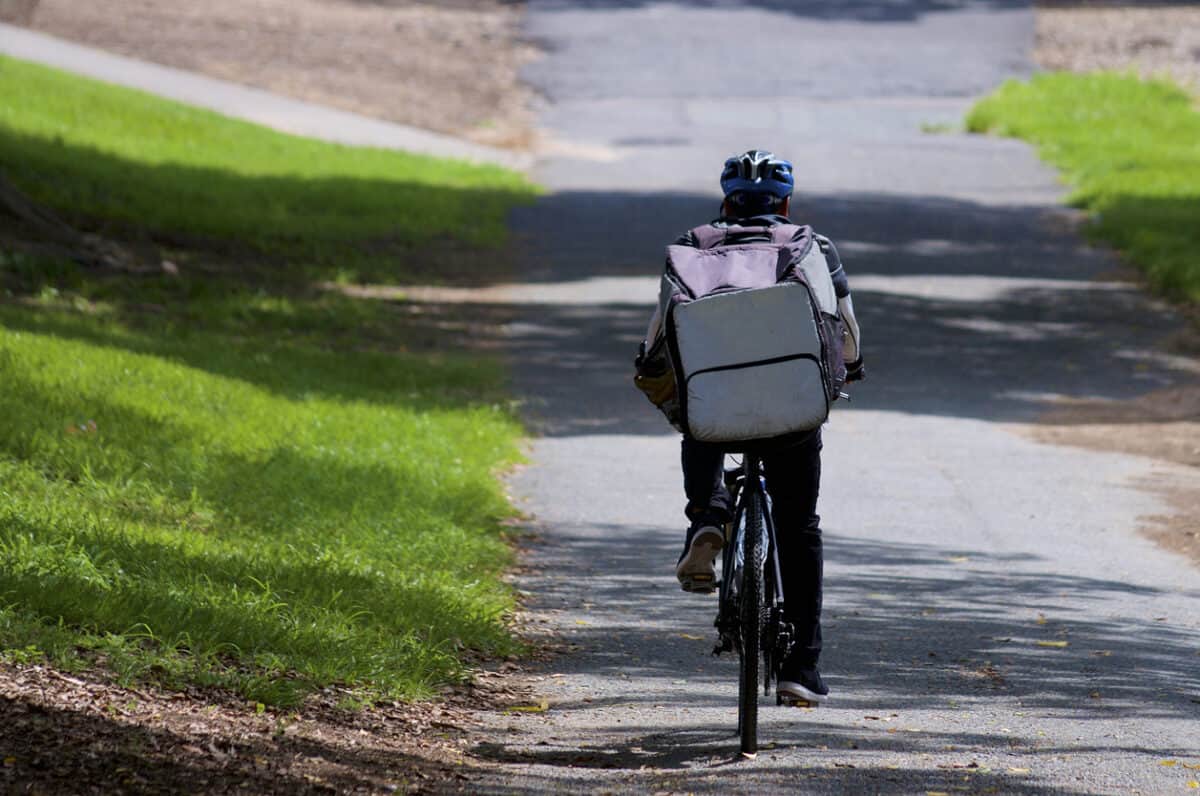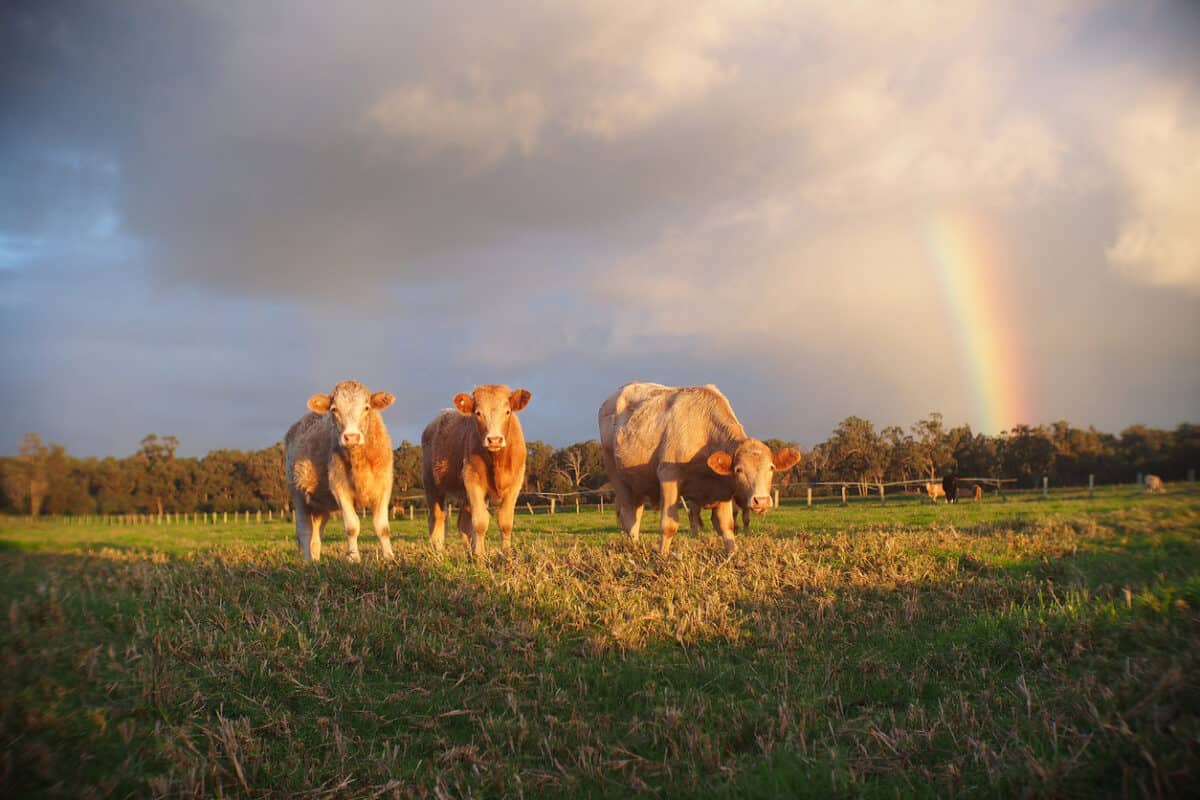Europe is experiencing heat at, or close to, levels never recorded before. This has caused the mainstream media to issue advice on how to avoid adverse health impacts from heat exposure. However, the necessary changes to work are not receiving the attention they should.
Australia has faced such situations before, especially in the last decade, so there is some generic occupational health and safety (OHS) available for translation to the European circumstance.
Continue reading “Heat and the need to change work”






